Surveillance. A Short Story. Part 2.
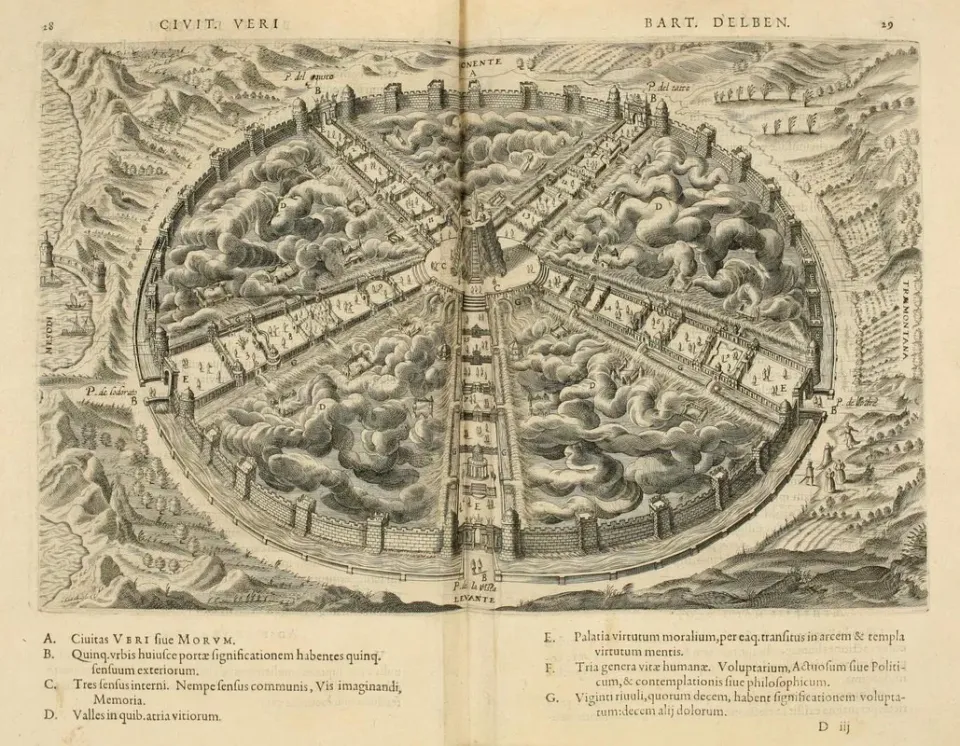
Verse tasked Jude with meeting M at a downtown bar called "Eudaimonia." It was located in a part of the city that everyone had visited at some point in their life, not out of want but out of necessity. No one really knew what a downtown was good for anymore, but they went there all the same: to meet friends you didn't really like or understand, a new girlfriend's parents at an overpriced steakhouse; to secretly surveil a woman for a man who had control of an even more desperate man like Jude.
Over the years, the culture in these simulacra business districts had become deeply entrenched in rigid nostalgia and the chains of capitalistic logic. They were halfheartedly, begrudgingly maintained, lazily reconstructed where they fell apart, tasked with the vision of joining past and future even though it was the last thing on anyone's mind. What was on the minds of those who were ordered to keep these future crypts alive and well was the cost. So, naturally, they did it on the cheap and made sure to hire those they knew, as these places, these areas, clung to the futile hope that one day the old ways and their people would return, despite being the exact opposite of how these natural processes had worked initially.
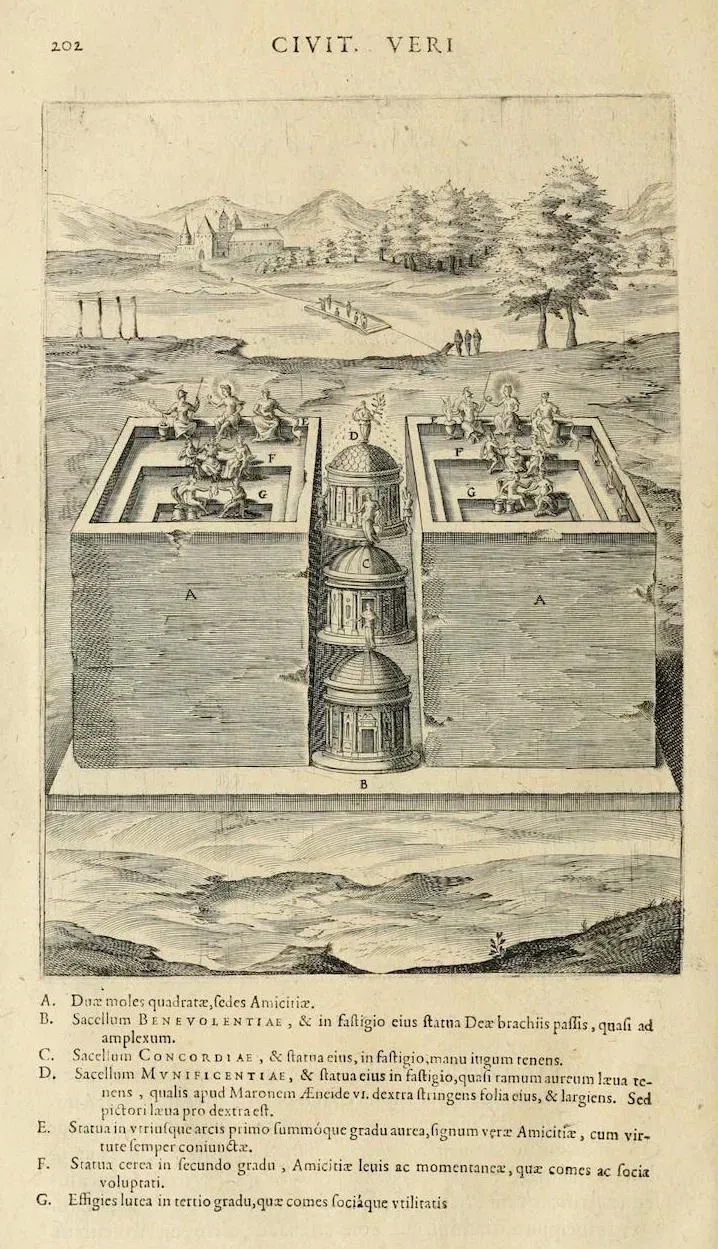
Therefore, no one believed it would ever happen, but people still needed somewhere to go and something to do outside their homes for a few hours. Like so many things detrimental to America, the owners, builders, and planners went along with it until it became a cancer so large they couldn't carve it out without killing themselves, so they bore it...naively believing that one day, somehow, things would magically change.
What was left were these kinds of burnt‑out industrial celebrities with entirely new faces and heads slapped on over the years. Their original beauty and character had been slowly replaced by the modern‑day, industry‑imposed rules of glamour, leaving behind a landscape concerned not with human connection (smartphones, social media, AI, etc.) but solely with commerce - thus poisoning the people forced to live within it. When anyone went to these kinds of downtowns, spending was all one did. There were rarely small parks to do nothing in; if so, it was considered vagrancy. And it would go on like this until every last dollar was spent, until the last of the downtown buildings were eventually torn down, stripped, and gutted for parts to be sold elsewhere, so that something else could be built to continue the extraction process.
Whatever soul Jude - with Verse watching - or M brought to downtown that night, it was not met with welcome but with a quiet test: buy or get out.
Did they have enough to be there? Did they have enough to leave? Did they have enough to come back tomorrow? If not, why not spend everything that they have right there and then and be done with it?
That was the measure. It was the opposite of nature's informal neutrality - indifferent but eternally welcoming...the exact counter of the cold arithmetic of the right of presence contingent upon one's worth.
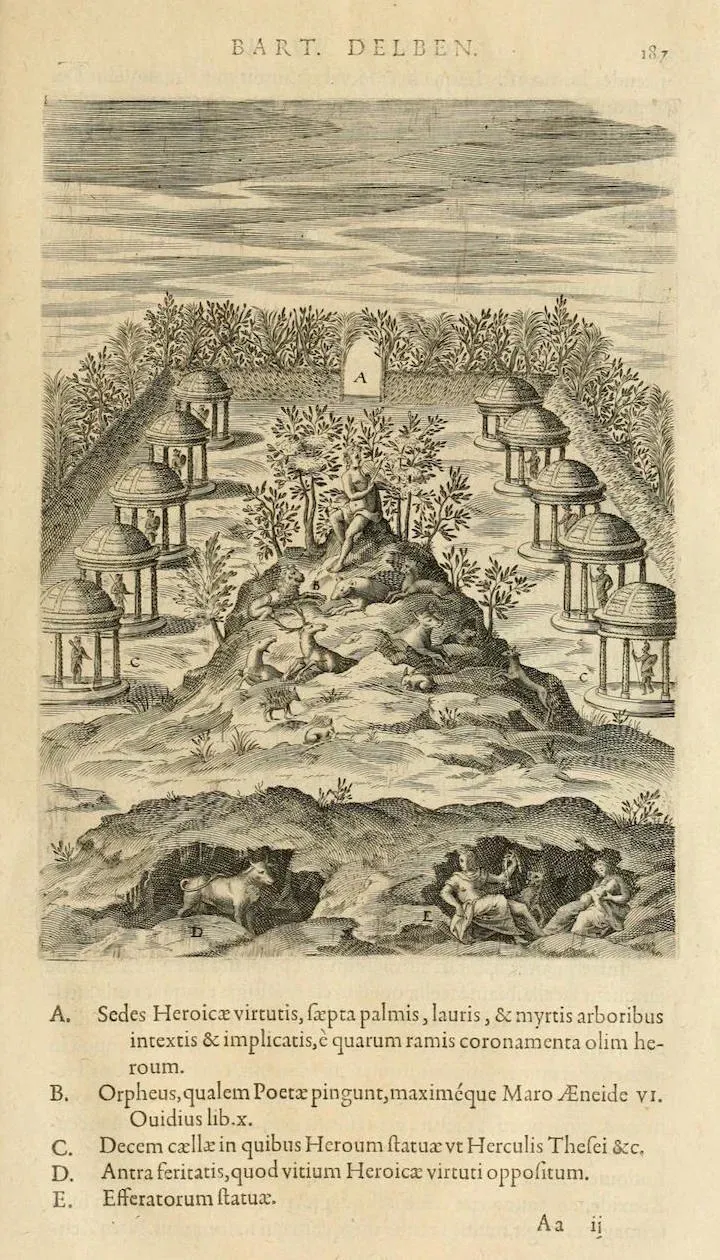
As Jude made his way through this place, this downtown, to the bar by way of a sidewalk gray and made of concrete - weirdly clean - he looked up and heard one of the main train lines frequented by business-types going to and from work during the week. He knew this because when he was employed, he took it often. Strangely, Jude missed the routine of going to and from his own apartment to work and back. He missed the dull rise and fall of their chests as they - like him - rocked with the rocketing train. He missed the dry, illuminated light of their phones on their still faces. He missed the collective, silent fact of their lives rubbing up against his as they went somewhere to be something other than they were right then - separated and likely never to meet again, hatched from the egg already covered in down and with eyes open.
Where they were going was no better or worse than where he was.
Every life kept close and tight a need and want of its own, holding what was and what might be together for a time as one, until the necessary separation of the participant's path. The connection of movement and action was what was essential and alive. That subtle energy was undeniable in a world that was trying in every way to distract, entertain, and advance to take away from that truth; to make Jude think that it was not there at all.
And yet, he was reminded once again, telling him that it had always been there and would always be.
Jude entered the bar and clocked M in the corner at a high-top, looking even more beautiful than her picture. There was a faint glow of marigold around her edges, like an aura. She wore a plain, white, mid-deep V-neck shirt with a small gold chain around her neck, which reflected the poor lighting of the room. Her hair was loose, down, but not messy, and she stared straight ahead at nothing in particular, uncaring if anyone - there weren't many - spoke to her at all. The first thing Jude thought to himself, standing there trying to figure out where to go, was that M could not have been there at all - omnipresent - but the presence of authority was still felt.
Jude went directly to the bar, stealing glances with the glasses for Verse to show that there was no one else near her: no man, woman, or anything specifically. There was actually only a Bud heavy bottle and a small bowl of stale Funyuns. Journey's "Wheel in the Sky" boomed from the boombox. With M in the back, along with the people of the bar and the sound of chatter, laughter, glasses clinking, and more, he realized he missed these kinds of places of belonging for belonging's sake. He told himself he needed to get out more, that the land, the lakes, and their people should no longer be strangers. After he had done what he needed to do for Verse, Jude told himself he would find a way to move on to something that made the most of his mind and his heart.
Death whispers into all of our ears.
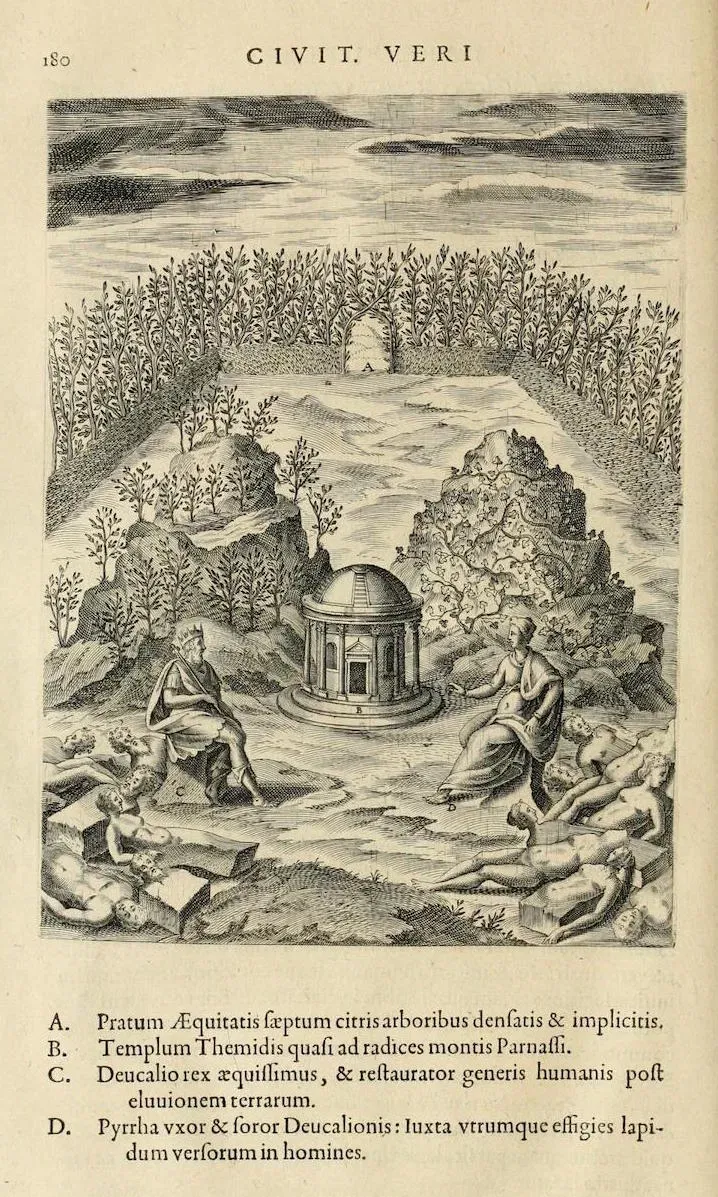
One more stolen glance at M to make sure that Verse - watching - knew that he saw her and that he was relaying that to him. Visual confirmation and observation were all that Verse said he needed to fulfill his end of the deal. When Jude felt he had had enough, he turned to order something light from the bartender. It couldn't be anything alcoholic. Whenever he drank, he got red, and whenever he got red, it felt like his head would overheat to the point of explosion. This led him to sweat and not focus on the task at hand, or M, if he even was going to talk to her at all.
Then why, Jude thought...was he at the bar not drinking?
He looked up and saw some college football game on - Ole Miss vs. the Gators. He told himself that he would have to make something up, anything, if M and he actually came face-to-face. The task of lying didn't make him feel good, but that was the way it was.
Jude remembered how untethered and awkward he had been approaching girls during his school years: it was like climbing Mount Everest or trying to breathe underwater. He was never able to say what wasn't on his mind. But to do so was to fail, because what was on his mind was how worried he was about not having anything to say to the girl. To do so felt like a lie...and why would he lie to a stranger? Worse, a stranger, he weirdly, strangely, felt something other than commonality as a human being with. Over time, to get past blurting out things like "You remind me of how my grandmother made me feel as a child" or "What time do you take the bus in the morning?" he tried to mentally visualize their future conversation, sometimes running whole discussions in his head like one of his first coding programs to prepare for when the time came. When a dialogue finally arose, it never unfolded as initially planned. The first wrong word, invented and upheld only by Jude himself, entirely collapsed his world because he was in a play entirely and pathetically all his own.
The unknowns of life kept Jude inside himself, watching and shaping the perfect world for that perfect time that proved to him, time and again, to never exist. But he couldn't stop. He couldn't bring himself to improvise in the unknown, fearing that there would only be and always be failure with both strategies.
When had he become so terrified? What was he gaining from his pursuit of perfection but isolation?
Jude was doubtful that he would be able to move past this immovable fact of himself and exist in life, navigating its deep and shallow waters and raging currents, without a guarantee that something good would eventually come to pass.
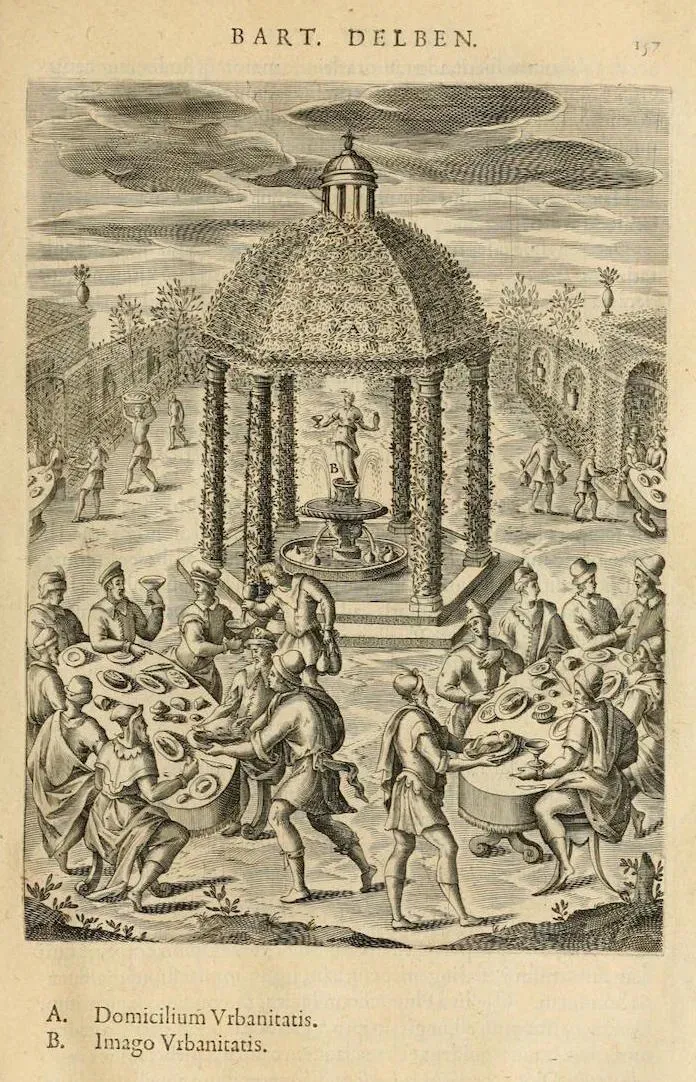
"Nice glasses," a voice said beside Jude.
It was a voice Jude did not immediately recognize until he remembered the audio Verse had played for him for hours before actually going to Eudaimonia.
"No," Verse's voice had stressed. "Things are great. I'm just a little too tired to come over today—next time. No, no...please don't send me anything from Uber Eats. Ok. If you insist on cookies from The Cookie Place...send that."
You need to know what M sounds like in case she gets away from you, Verse had explained to Jude. This will help you locate her, track her, and obtain all the necessary information to provide me with what I need. The glasses will protect. She'll never know. She knows what she needs to know because I've organized everything for her to make it so. Trust me. Trust the glasses.
"They look good," the voice continued. "On your head."
Jude's hands had been at ten and two on the bar, so when he turned to face this mystery voice, it was, based on Verse's pictures, verbal details, and seeing her in the corner just before, indeed M.
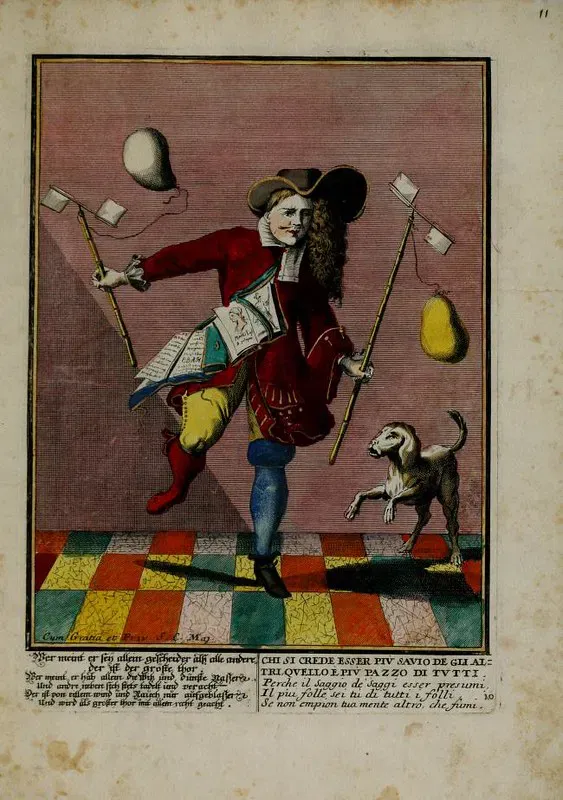
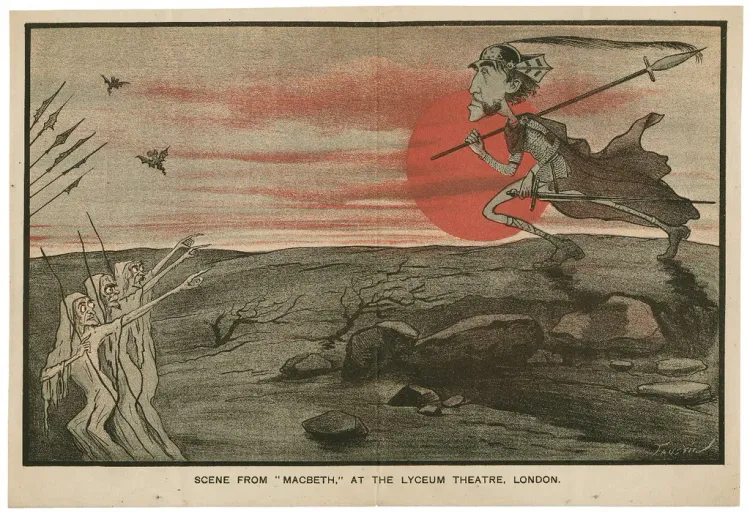
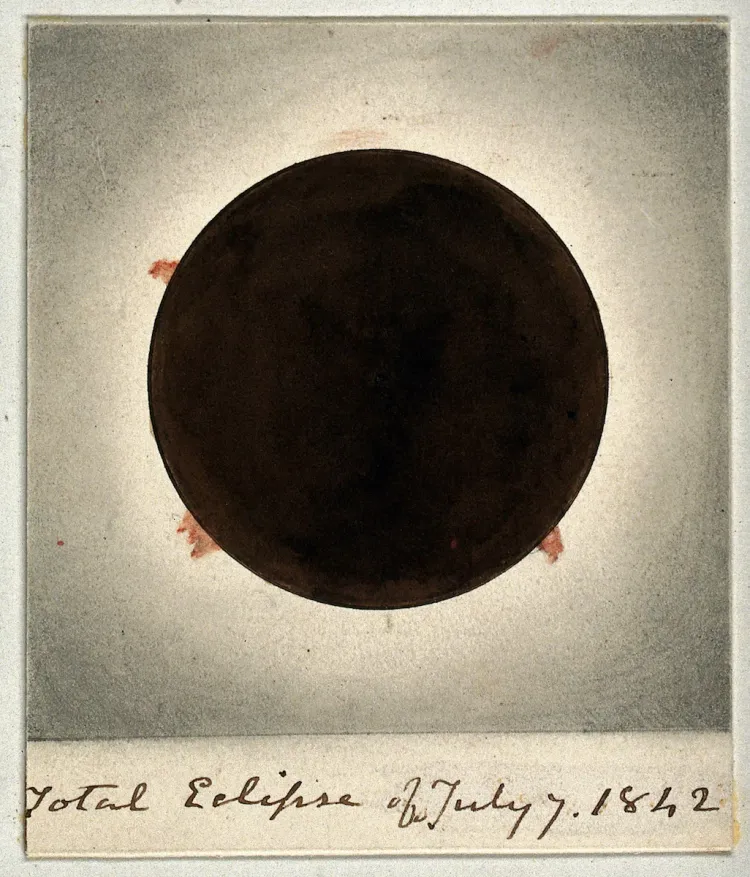
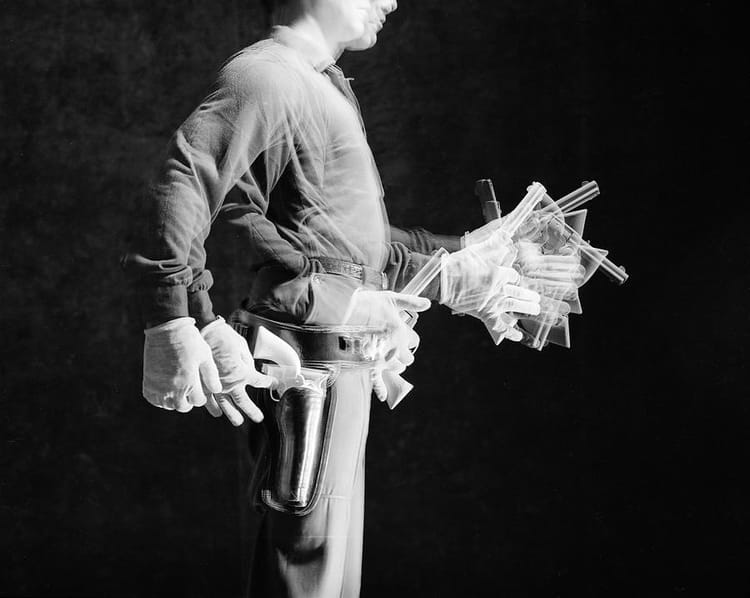
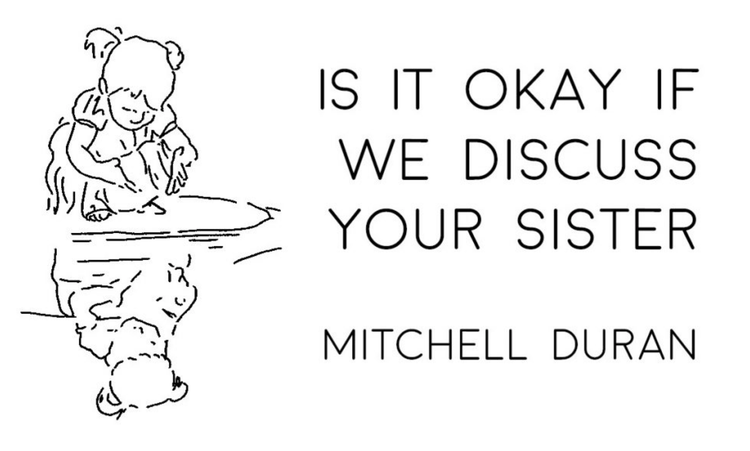
Member discussion